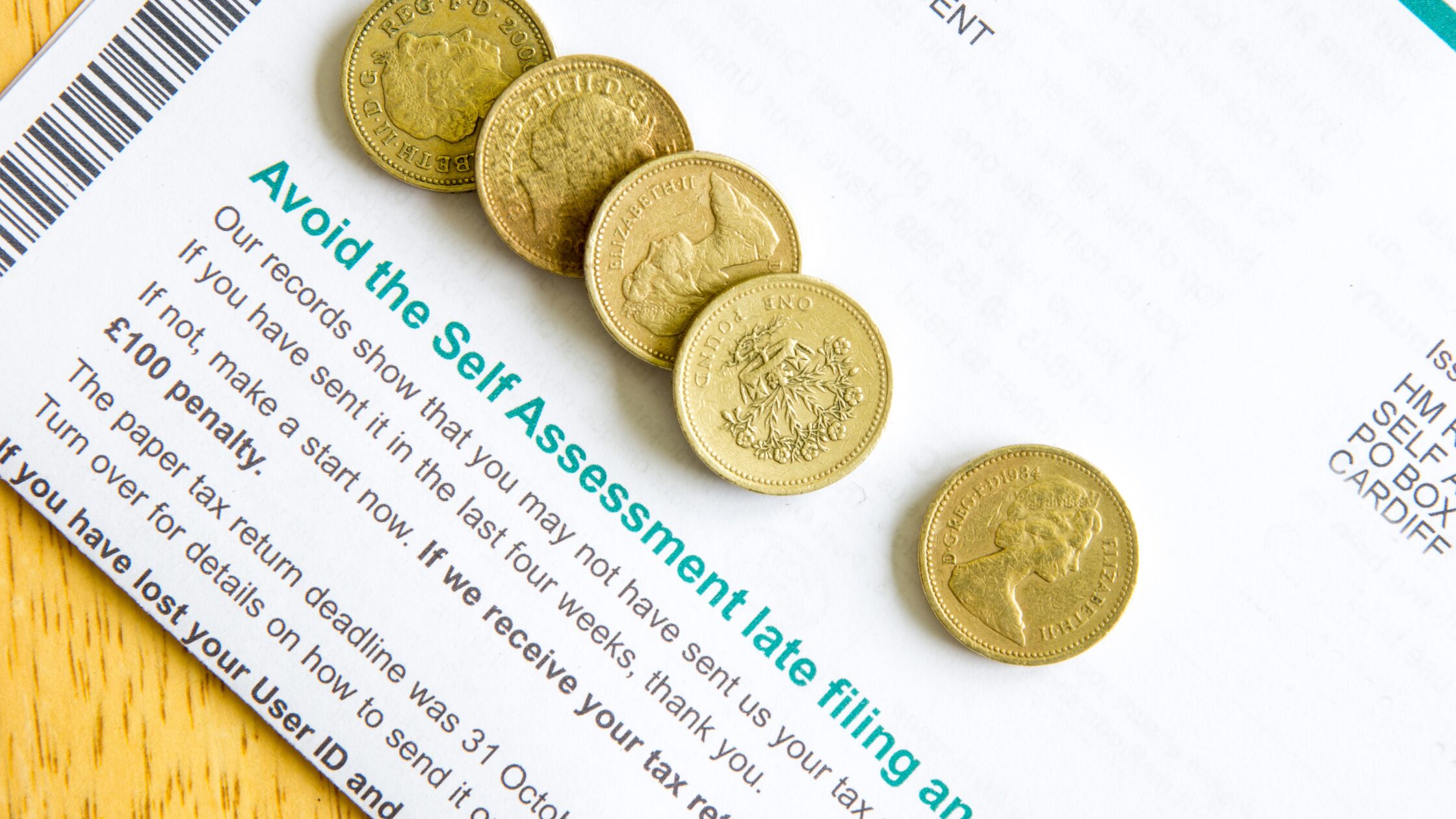Checked & unbalanced
10th December, 2021 I’m often educated by my law trained business partner as to…

Do I Owe Tax on My ‘Side Hustles’?
From January 2025, HMRC will start to receive data from online trading platforms such as ebay and etsy. However, this does not mean that the tax rules are changing despite the fact that this new requirement has been dubbed the ‘side hustle tax’.
A Side hustle has come to refer to the receipt off income earned from supplementary, independent ventures or part-time commercial activities outside of an individual’s primary source of employment. However, despite what some may claim, this income has always been taxable where there is sufficient degree of organisation and profit seeking motive.
As of January 2024, various online businesses became legally required to report back to HMRC on the income generated by sellers through their respected platforms. As a result, this now means businesses such as Depop, eBay, Etsy, Vinted, and Airbnb, are obliged to share the details with HMRC on the sales of their users and the income from such activities will become much more visible.
To identifying whether someone is trading you must consider the following key factor: as:
1. Engaging in regular transactions
2. Having a profit-seeking motive
3. The nature of the asset
4. The degree of organisation
5. Whether there have been any changes to the asset (repairs, modifications etc…)
6. The interval of time between purchase and sale
Not all of the above factors need to be present to constitute a trade, and all are not given equal weight. The exact circumstances will need to considered against the above to establish the position. In the same light, even if it is established that no trade is operating, it may still be taxable as a Capital Gain or Miscellaneous Income.
Check out our previous blog for more information on what constitutes as trading.
You can also find further guidance on trading from HMRCs Business Income Manual here.
We’ve put together some example case studies to explore various scenarios where an individual’s ‘side hustles’, may be considered as taxable trading. Our Director of Tax, Tom Wallace, breaks down the following 4 scenarios and outlines if and why, these individuals are considered to be trading.
Scenario:
Jessica sells a few personal items on Vinted that she no longer uses, including old clothes and accessories. She makes around £200 in total over a year.
Outcome:
Jessica is not considered to be trading because her activities are occasional and involve selling personal items, not with a profit-seeking motive.
Scenario:
Ahmed buys wholesale electronics and sells them regularly on eBay. He keeps track of his inventory, adjusts prices for profitability, and advertises his listings online. His annual income from sales exceeds £5,000.
Outcome:
Ahmed is considered to be trading because he engages in regular transactions with a clear profit-seeking motive. His income is taxable, and he must report it to HMRC.
Scenario:
Emily makes handmade jewellery as a hobby and sells it on Etsy. Her annual revenue is £1,500, but her expenses for materials are £700.
Outcome:
Emily’s hobby income exceeds the £1,000 trading allowance. She must report her total income to HMRC but can deduct allowable expenses like materials, meaning her taxable profit is £800.
Scenario:
Steve is the sole owner of his home and rents out a spare room in his house on Airbnb, earning £8,000 over the year.
Outcome:
Steve rental income is taxable but qualifies for the Rent-a-Room Scheme, which allows tax-free earnings up to £7,500 per year. He only needs to pay tax on the £500 exceeding the allowance.
If a seller is making sales of over £1000 through their collective side hustling activities, they must notify HMRC. To do this, the seller will need to register themselves as self-employed and file a self-assessment tax return (SATR).
If you are unsure on your tax position it is important to seek a professional advice. A tax advisor will be able to review your circumstances and clarify your requirements to HMRC and help to ensure on-going compliance.
Got some questions? Get in touch with our experts today at info@wttconsulting.co.uk or call us on +44 (0)20 3468 0000 for more information.
 Article
Article
10th December, 2021 I’m often educated by my law trained business partner as to…
 Article
Article
2nd July, 2021 Crypto Tax- What can we learn from the US? Introduction The…
 Article
Article
Loan Demands: What They Mean and What to Do Next Key considerations and early…
 Article
Article
Missing the Self Assessment tax return deadline can happen more easily than you think,…
 Article
Article
There has recently been an increase in trustees of established employee benefit trusts attempting…
We’d love to hear from you!
Whether you simply have a quick question, or were seeking a more formal conversation to discuss your tax needs, drop your details here and we will be in touch! Alternatively, you can contact us on +44 (0)20 3468 0000.